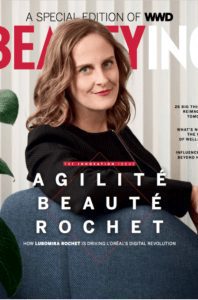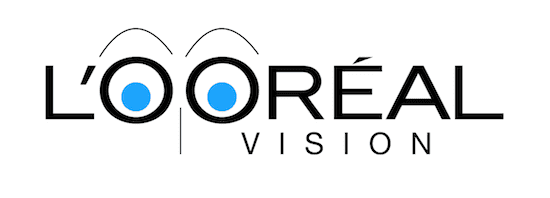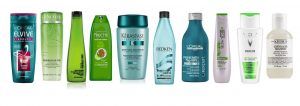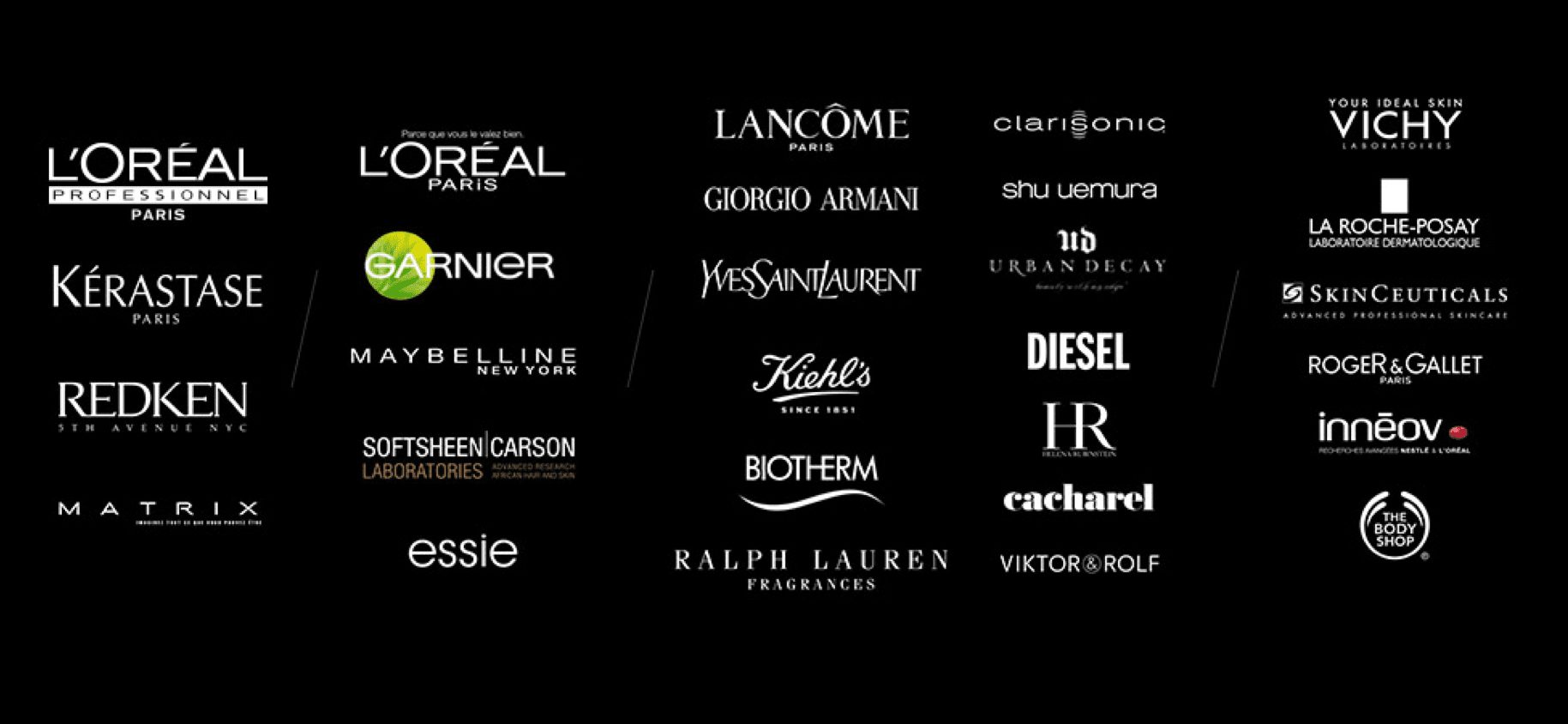In today’s tumultuous times, it takes more than reading tea leaves to predict your future prospects. I read with not a little interest a couple of recent articles about my former employer, L’Oreal, the #1 beauty company in the world. First, there was the interview of the CEO of L’Oreal, Jean-Paul Agon, who expounded on why he felt continued optimism for the future of the company. Second, there was a WWD in-depth article in a Special Beauty insert on the Chief Digital Officer, Lubomira Rochet (see here). The two articles are related, yet not totally synced up, in my opinion.
Digital is the cornerstone of change

In my work, I see more and more that digital is the original agent provocateur. Yet, of course, it’s not the tools, platforms and devices that are forcing the change. It’s how they are being used. More than anything else, digital transformation is about change in culture, roles, processes and personnel. At its heart, digital surfaces a profoundly strategic issue: the human connection. In this WWD article cited above, Agon refers to Rochet’s hiring in March 2014:
“We needed someone to teach us, to have a vision,” [Agon] continues, “but also someone at a high intellectual and management level, who would be nice and easy to work with, that people will really embrace. She has all these qualities…”
Since Rochet’s arrival, L’Oreal has certainly made waves in digital, whether it’s in its collaborations, joining accelerators, acquisitions, using influencers, or exploring new platforms. In this regard, I can see why Agon is proud of the “digital prowess” of L’Oreal. If they came late to the party, they have been turbo-charging their digital activities.
L’Oreal’s positive view of the future
Agon cited seven different reasons for the good prospects, which you can read in greater detail here. [N.B. The article was published on L’Oreal’s corporate website; and I would highlight that it came to me via a sponsored link on LinkedIn, targeting L’Oreal employees.] Surely, with sales of 26 billion euros (+4.8% year/year), 34 brands and 82,600 employees at end of 2017, the L’Oreal beauty juggernaut continues to grow. But knowing the company as well I do, I have a slightly different take on Agon’s vision, which I’ll cover below.

Here are the toplines of Agon’s vision (in his words):
- A beauty market that will continue to grow in the coming years.
- L’Oréal is the archetype of the “Beauty Pure Player.”
- L’Oreal’s fundamentals: obsession of innovation and superior quality; power of their brands; the star products.
- Superior digital prowess.
- Unique multipolar footprint in all categories, distribution channels and regions of the world.
- Excellence of environmental and social commitments.
- Decentralised organisation, our entrepreneurial culture and the high quality of our teams.
I should first compliment L’Oreal on its continued success and how it is has taken on the digital challenge (point #4). I have no doubt that the calibre of L’Oreal’s products will continue to dominate the beauty industry. I also believe that their work with Women in Science is tremendous. That said, I was, at first, bemused that there should be seven items in Agon’s list, as it seemed like a laundry list of priorities. But upon further reflection, my thoughts crystallised around a few other, and in my opinion, far more important points.

My argument is about the narrative Agon is putting out. If I had to sum it up, L’Oreal is banking more on its products than on its people and brands. The L’Oreal Corporate article certainly focuses more on products than, say, on customer loyalty and centricity, much less employee centricity. What stuck out for me was about what was missing in Agon’s interview. Even if the article attempted to be all-encompassing and all-inconclusive (it is clearly a well-honed piece written by the Comms team), I became more interested in what wasn’t said.
Missing In Action
Here’s the rub: the following seven points were not touched upon in Agon’s vision.
- A meaningful mission — one that deeply resonates with its employees, stakeholders and customers alike
- The big competitors (P&G, Estee Lauder…) in beauty are weak and/or distracted — it’s the smaller, competitive niche brands that keep nipping at the edges
- Consumer trends are moving in different directions, to wit these two most interesting competitive initiatives: Dove’s campaign to call out retouched images; Lush’s no-packaging products (the Naked Store)
- A ‘great place to work’
- Like-for-like growth
- Customer satisfaction and fidelity
- Growth of services (versus product) and an evolution of the business model.
Therein lie the key challenges I believe L’Oreal will face in the future. Specifically, to be able to create individual brands that individually foment superior employee engagement; an ability to cultivate brands that are differentiable through their individual culture, values and marketing; and to develop brands with products and services that are in touch with the deeper human / consumer meta trends (i.e. beyond just beauty).
Beauty in Diversity – Digital Is Transformational
When I left L’Oreal in 2009, diversity in upper management was still rather meek and investment in digital was, to say the least, anaemic. Moreover, the belief in (much less understanding of) the power of digital was negligible among the top executives. From all appearances, the digital presence of top executives on the different social platforms remains amateur, at best. But, that hasn’t forestalled a major digital thrust throughout the company. Rochet’s presence on the Executive Committee of L’Oreal is a testament to a sea-change at L’Oreal. As Rochet points out in the WWD article, she is more than just a digitally-savvy woman; she represents diversity and brings a wholly different flavour to the Executive Committee.
Artificial Intelligence the next chapter?
If L’Oreal has taken on board digital elements such as insights, data and social media, the only nominal use of Artificial Intelligence (AI) — at least as mentioned in the WWD article — has been the purchase of Modiface. Further, Rochet points out that Emotional Intelligence is still a way off. She says:
Emotional intelligence is not yet being used at L’Oréal. “We are at the stage of using very low-level machine-learning to make sure that we optimize our processes. That is really what we use AI for,” she says. Ultimately, EI could be employed in the form of robotics, for example. “But it’s something that for me is still far away in the sense of it’s not in the next five years—so it’s like an eternity in my world,” says Rochet with a laugh.
On this matter of emotional intelligence and empathy, I am certainly very interested. I’ve long felt that the inside culture must correlate with the outside ambitions. Share on X For consumer-facing companies — especially in beauty — I believe that AI without emotional intelligence will be a big challenge. There will surely be great opportunities to use AI to tackle Big Data and improve back office logistics, etc. However, as far as engaging its employees, much less influencers and consumers, the emotional quotient will need be significant, which is why I believe the company’s purpose is so critical. And, I firmly believe that Emotional Intelligence (#EI) is not something you can just 'acquire'. It must be learned, much like #empathy. Share on X
The Underlying Asset of Trust
If I outline these points for L’Oreal here, I believe that these oversights are quite symptomatic of the big multinational/multi-brand challenges. Growth through acquisition versus growth through fidelity and like-for-like comparisons is a slippery path to maintain longer-term. The quintessential challenge of publicly traded corporations is to manage the long-term objectives while consistently delivering short-term results. Finally, the biggest challenge for businesses, and for brands in particular, is building trust.
The biggest challenge for business, and for brands in particular, is building and sustaining #trust with its employees, stakeholders and customers. Share on XThis will include creating a trustworthy environment internally, namely as it comes to the major ethical questions that new technologies are necessarily thrusting on business. Building trust — with and/or through digital — is a profoundly human endeavour. And, to the extent a brand is a stamp of trust, this is where businesses should be focusing their efforts in order to be longer-term futureproof.
***If you like my writing and are interested in fostering more meaningful conversations in our society, please check out my Dialogos Substack. This newsletter will feature articles on why and how we can all improve our conversations, whether it’s at home, with friends, in society at large or at work. Subscription is free, but if you see value in it, you are welcome to contribute both materially and through your comments. Sign up here:












Typically incisive. Beautifully crafted. Massively provocative. Turning up the Dial one more notch.
Thanks for popping by Rod. I haven’t heard back from L’Oreal yet!